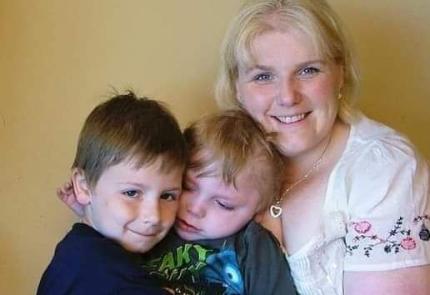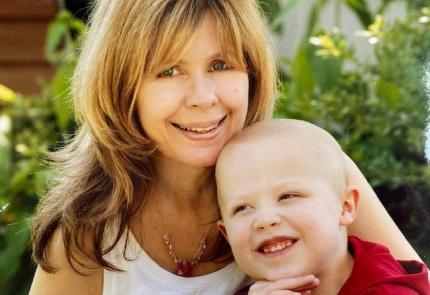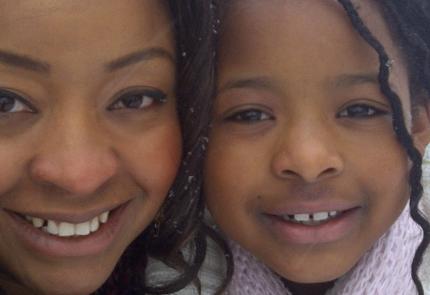I joined the Marsden group because I was interested to see if parent input could bring positive developments to help the team deliver support and care at this devastating time.
It is much more difficult to accept that your child will not get better and you will have to say goodbye, than to hear the original diagnosis. Therefore, most families don’t believe it and carry on hoping - because without hope comes despair, and you can’t get through this without hope.
Fabian’s brother once asked the end-of-life care nurse, Maggie, if she had ever seen any miracles. “Only small ones,” Maggie replied.
In a similar way to why I joined the Marsden group, I joined C-POS group in the hope that as parents we may be able to convey insight into how we could help ease the circumstances and support the plight of families. The researchers have done a great job and it has been a very positive experience being a part of the group. I hadn’t expected it to stir up memories as much as it did, but I knew we would need to be brave. Reading some of the stories and replies children gave about wanting to plan for the future was especially moving. It confirmed the need to maintain normality and to not lose hope.


